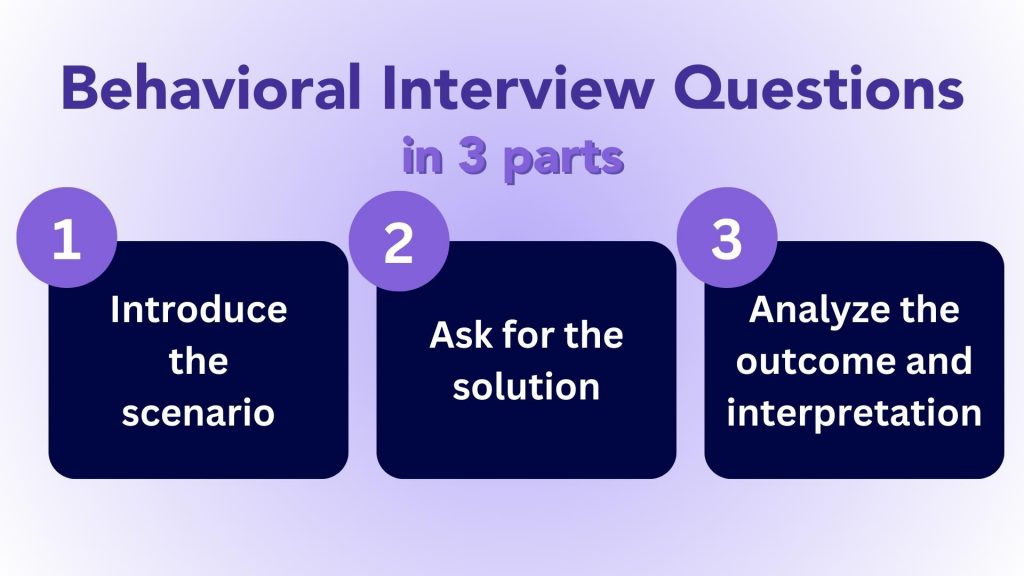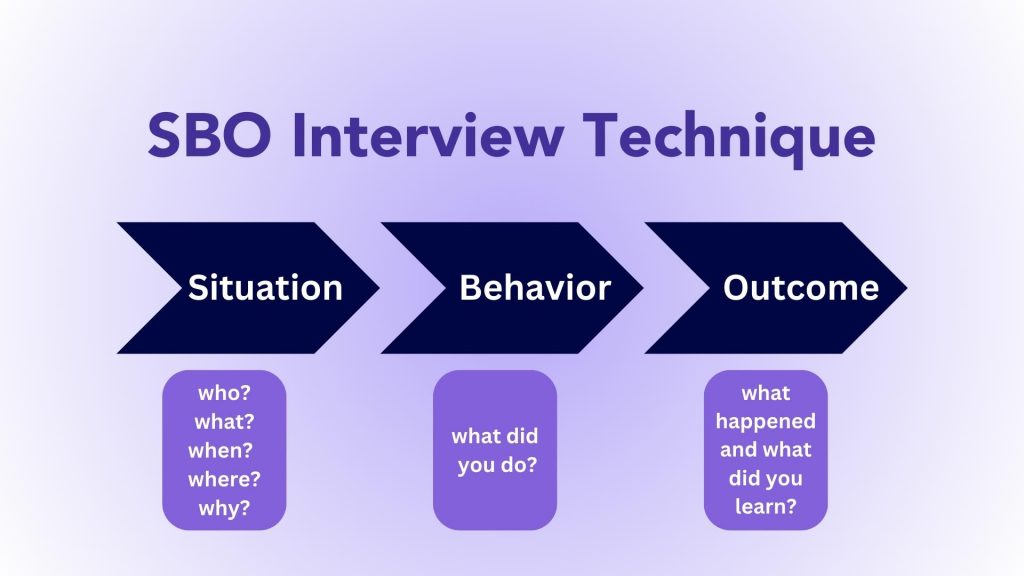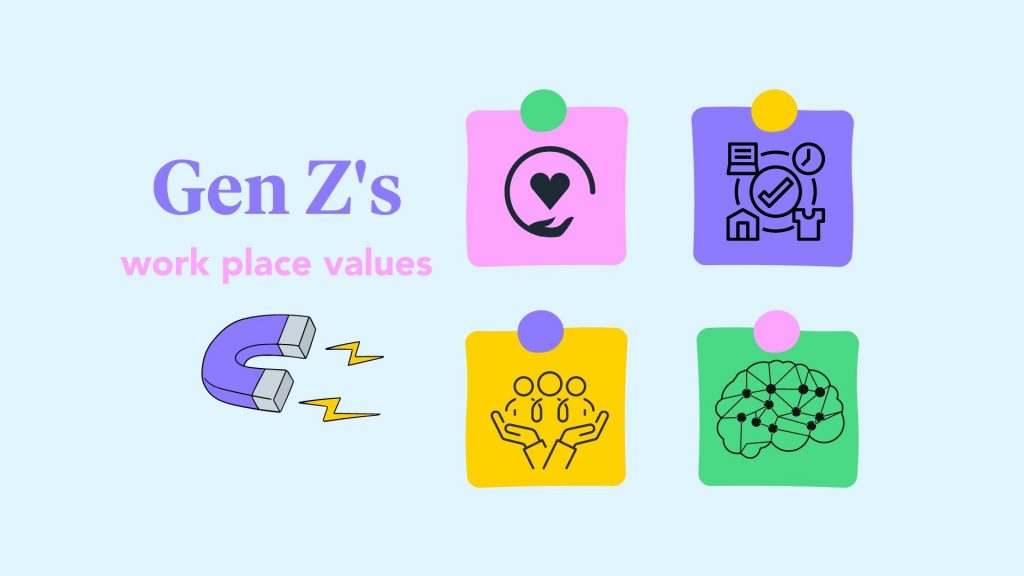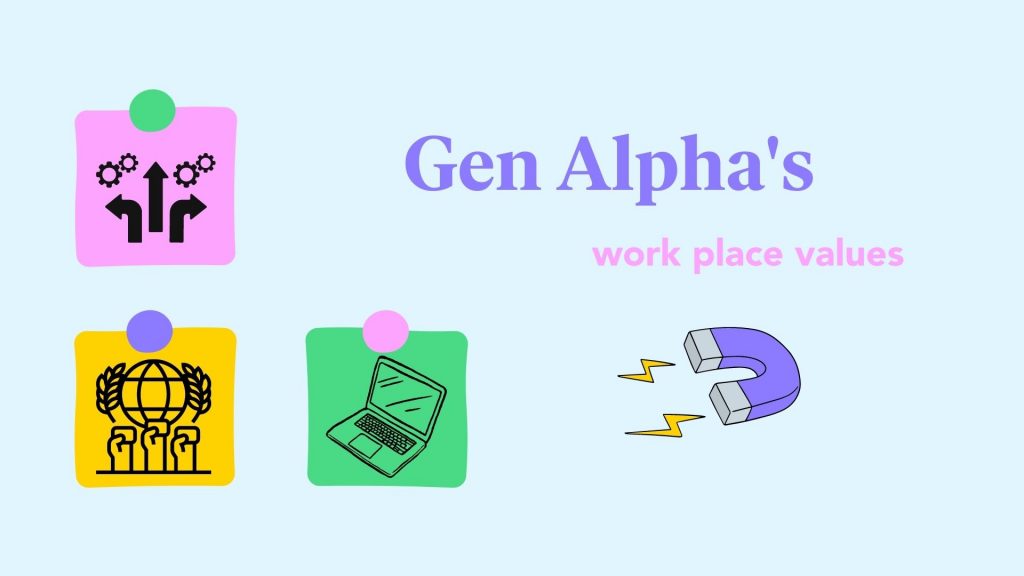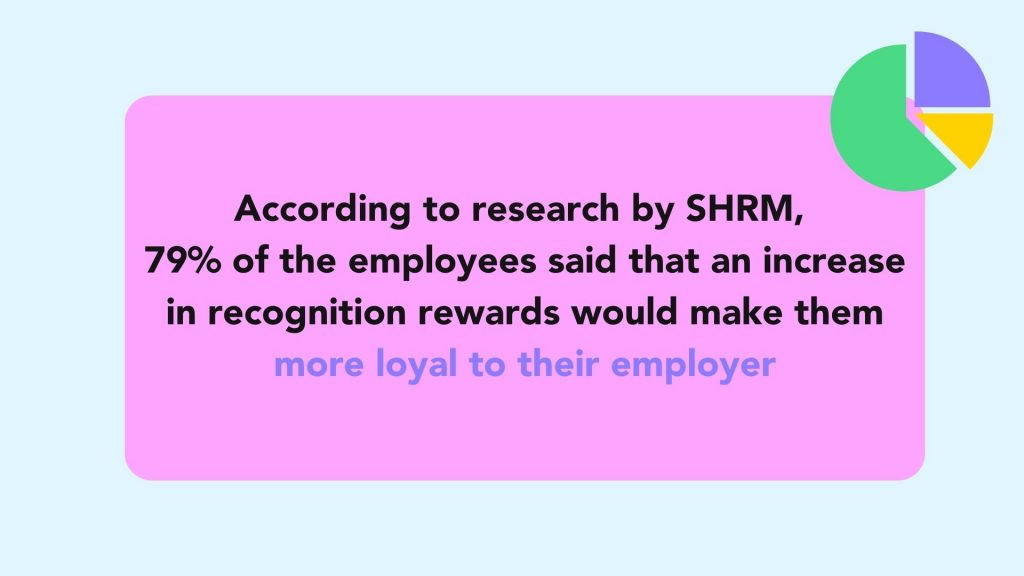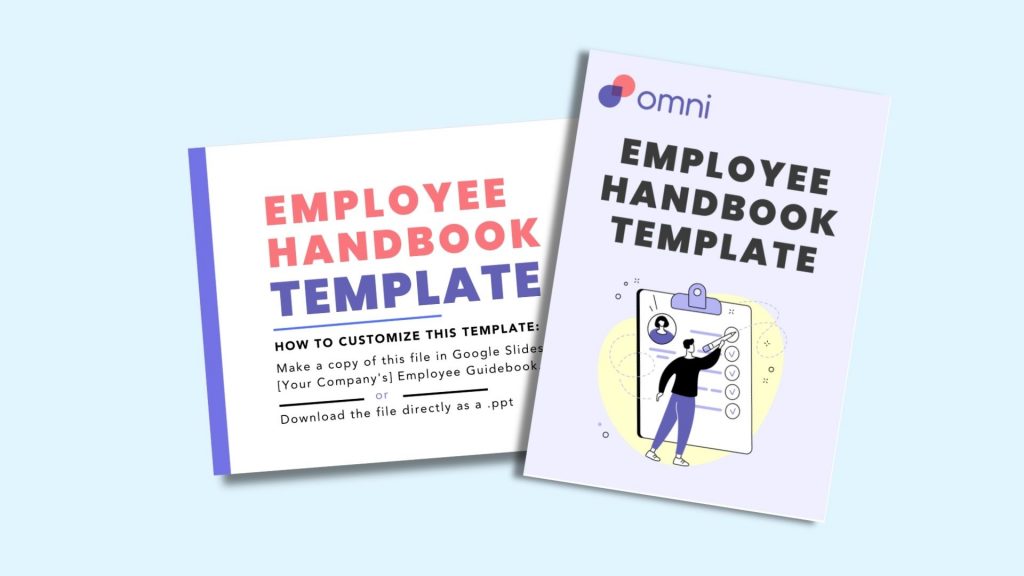An exceptional employee onboarding experience plays a crucial role in retaining your most valuable team members. High quality onboarding requires an intentional effort from organizations, one that is often put to the wayside. According to Gallup, only 12% of employees strongly agree that their respective organizations excel at onboarding new hires.
This glaring statistic underscores the fact that most companies struggle to deliver on their promises made during recruitment. This is precisely where the presence of an Onboarding Manager becomes indispensable.
An Onboarding Manager possesses the expertise to devise and execute an effective onboarding process that acquaints new hires with your company’s culture, policies, values, and overall operations. Crafting a compelling Onboarding Manager job description is your first step toward finding someone who can substantially enhance your employee retention rates. The description must include clear responsibilities, skills, qualifications, benefits, and company culture. Clearly articulating your expectations precisely and explaining why prospective candidates should consider applying.
Understanding the crucial components of an Onboarding Manager job description will help you attract highly qualified HR professionals, and subsequently build an onboarding program that boosts employee engagement and retention.
Key Factors to a Well-Structured Onboarding Manager Job Description
A study conducted by SHRM shows your company is most vulnerable to turnover within the first 18 months of a new hire’s experience, reaching as high as 50% for some organizations. More often than not, turnover within the early stages of employment can be traced back to poor onboarding practices.
In drafting a compelling and well-tailored Onboarding Manager job description, you can attract professionals with a unique skill set equipped with the knowledge and experience required to revamp your onboarding process and protect your organization from early turnover.
Here, we examine what makes an effective Onboarding Manager job description, along with best practices for structuring, ordering, and summarizing key information to draw in the strongest candidates and create clarity around the role.
Job Title
Begin with a clear and precise job title, such as “HR Onboarding Manager.” The title should accurately reflect the role’s primary purpose and objectives. Be specific in the title to attract candidates with the right expertise. For example, if you need someone to help new hires with technical aspects, consider a title like “Technical Onboarding Manager.” Additionally, consider including information about the company’s size in the title, such as “Enterprise Onboarding Manager” for larger organizations.
Summary
The summary should cover two critical aspects—details about the job role and information about your company. Highlighting any significant achievements or notable clients your company has worked with can be attractive to potential candidates, and creates value for your organization. Highlighting your company’s growth over the years illustrates the continuous evolution within your organization, and can attract candidates who thrive in fast-paced or ever-changing environments. Provide a glimpse of what the job entails and what the candidate can expect, as shown in the below examples:

Qualifications and Skills
Detail the qualifications and skills required with your Onboarding Manager job description. Mention any educational background or certifications necessary for the role. Include hard skills, such as knowledge of HR automation tools, HR procedures, and HRIS, and soft skills like communication, leadership, and problem-solving abilities. Be sure to require skills and qualifications that are aligned with the seniority and pay range of the title to attract candidates with the appropriate qualifications. For example, an Associate Onboarding Manager should not be required to possess a Master’s Degree or have 10 years of experience, as they would be over-qualified, whereas a Senior Onboarding Manager should require more than 2 years of experience to meet the demands of the role.
Example: A Bachelor’s degree in Human Resources or a related field is preferred. Certification in HR management is a plus. The ideal candidate should have a strong understanding of onboarding processes, HR software, and compliance regulations. Exceptional communication skills, leadership abilities, and the capability to solve complex problems are essential for success in this role.
When crafting your Onboarding Manager job description, it’s crucial to highlight the significance of both hard and soft skills. As noted by Nick Matthews, the CEO and Founder of Stillwater Behavioral Health, “Onboarding does involve technical aspects like setting up employees in the organizational database. However, a substantial portion revolves around helping new hires integrate seamlessly into the team. Any Onboarding Manager job description should emphasize the importance of communication in terms of both one-on-one and group and collaborative communication.”
Why Work with Us
Include a section that explains why candidates should consider working for your company. Provide compelling reasons that showcase your organization as an attractive employer. This is especially important when seeking highly qualified individuals. Look at how the Intertrust Group, an international trust and corporate management company, gives enticing reasons as to why candidates should join the company:

Benefits and Perks
The benefits and perks section is vital for motivating candidates to apply to your role. Highlight the enticing benefits your company offers, as this information can be a deciding factor for potential hires. Communicate why someone should choose your company over others, emphasizing the advantages of working with you. See the example below that shows all the benefits of working with the company, such as 401k contributions, healthcare plans, and employee discounts.

In addition to traditional benefits such as time off or learning and development, there are alternative benefits that provide value to candidates that are worth highlighting. Consider emphasizing the opportunity to join a growing company, experience in a competitive market, or immersing in a company culture founded on mutual respect and encouragement.
Company Culture and Values
Another essential section to consider in your Onboarding Manager job description is your company’s values and culture. Explain what your organization stands for, what mission and vision drive your decisions, and how your employees and managers interact with one another. A compelling organizational culture can serve as a significant job perk for potential employees.
In including values and culture information in your Onboarding Manager job description, you help attract employees who not only fit the technical requirements of the role, but exhibit a personality and culture fit, a factor that plays a major role in long-term employee engagement.
Onboarding Manager Job Description Example 1
Title: Onboarding Manager
Are you passionate about shaping the first impression of new team members in an organization? Do you thrive on creating seamless onboarding experiences that foster engagement and loyalty? If so, we invite you to join our team as an Onboarding Manager.
As the Onboarding Manager at [Your Company Name], you will be crucial in designing and executing robust onboarding programs beyond paperwork. You will be responsible for crafting compelling orientation initiatives, developing informative training materials, and ensuring our new team members embark on a smooth and positive journey into our organization.
Key Duties and Responsibilities
- Create and implement onboarding processes that facilitate a smooth transition into the company culture and workflows for new employees.
- Address the concerns and questions of new hires during their onboarding, providing guidance and support.
- Keep a watchful eye on the progress of new employees, offering constructive feedback and guidance to ensure a successful integration.
- Continuously improve onboarding documentation and training materials to keep them relevant and effective.
- Organize the logistics of the onboarding process, including scheduling orientation sessions, training, and department meetings.
- Gather feedback from new hires to identify areas for improvement in our onboarding programs and make necessary adjustments.
- Ensure the employee handbook is regularly updated to reflect current policies and procedures.
Requirements
- A Bachelor’s degree in HR management or advanced HR certifications will be preferred.
- Proven experience of 3-5 years in HR, focusing on onboarding.
- Must possess knowledge around Human Resources principles, employment laws, and onboarding best practices.
- Knowledge of HRIS and other commonly used onboarding software.
- Detail-oriented and organized with project management skills.
- Strong interpersonal and communication skills.
- Strong presentation skills with the ability to develop team trust.
- Ability to prioritize tasks and think thoroughly in the face of problems.
Workplace Benefits:
- Employer-paid coverage of employee health insurance.
- 4 weeks of paid time off (PTO) annually, with the option to carry over unused PTO.
- 20 holidays observed throughout the year.
- Paid sick leave, bereavement leave, and jury duty paid time off.
- Exposure to the biggest and best tech brands globally.
- Hybrid work model, giving you the flexibility to work as per your needs.
Contact information for inquiries:
For inquiries about this position or to submit your application, please contact:
[Your Company’s HR Contact Name]
[Email Address]
[Phone Number]
Onboarding Manager Job Description Example 2
Title: Remote HR Onboarding Manager
Are you ready to play a significant role in creating seamless and enriching remote onboarding experiences for the newest members of our organization, all from the comfort of your own home? We’re seeking a Remote HR Onboarding Manager who will be at the heart of our virtual onboarding process. In this role, you will be responsible for our onboarding programs’ strategic formulation, implementation, and continuous improvement. Additionally, we believe in continuous growth and development. You’ll have access to various training programs, workshops, and resources to enhance your skills and advance your career in HR.
Key Duties
- Develop, execute, and refine onboarding programs and strategies to ensure a smooth transition for new employees.
- Work closely with departmental leaders to create personalized onboarding plans tailored to specific roles.
- Lead virtual orientation sessions to introduce new hires to company policies, values, and culture.
- Monitor and report onboarding metrics to evaluate the effectiveness of our programs.
- Be the primary point of contact for new remote employees, addressing their questions and providing guidance as needed.
- Create or oversee the development of onboarding materials, including handbooks, presentations, and training modules.
- Establish remote buddy programs to pair new hires with experienced employees who can help them integrate into the company culture.
- Stay up-to-date with HR trends and best practices to improve onboarding processes.
Requirements
- Bachelor’s degree in Human Resources, Business Administration, or a closely related field.
- A track record of successfully designing and implementing impactful remote onboarding programs.
- A profound understanding of HR best practices, policies, and the legal framework.
- Strong interpersonal skills to facilitate positive relationships, particularly in pairing new hires with seasoned team members.
- The capacity to respond flexibly to evolving organizational needs and modify remote onboarding strategies accordingly.
- Alignment with the company’s values, culture, and dedication to nurturing an inclusive workplace.
HR Onboarding Manager Job Description Example 3
As an HR Onboarding Manager at [Your Company Name], you hold a pivotal role in shaping the first steps of our employees within our organization. Your mission is to ensure new team members seamlessly transition into their roles. From introducing them to our company’s culture and policies to facilitating their integration into their specific job functions, you will play a central role in building a positive and productive work environment.
At [Company Name] we take your well-being seriously. We offer a competitive health insurance plan that covers medical, dental, and vision expenses. This ensures your health and that of your family, reaffirming our commitment to your overall well-being.
Key Duties
- Design and implement a robust onboarding program aligned with the company’s goals and values.
- Thoroughly verify and ensure the accuracy of all employment documents.
- Coordinate and oversee training sessions and workshops, equipping new hires with the skills and knowledge required for effective job performance.
- Provide comprehensive guidance and support to new hires throughout the entire onboarding process.
- Ensure strict adherence to labor laws and regulations throughout the onboarding process.
- Leverage HR systems and software to streamline onboarding, encompassing employee record management, payroll, progress tracking, and task automation.
- Collect valuable feedback from both new hires and managers to continually enhance the onboarding process.
Requirements
- A Bachelor’s degree in Human Resources, Business Administration, or a related field.
- Previous experience in Human Resources, particularly in roles related to onboarding, employee development, or HR Management
- Demonstrated leadership abilities to oversee the onboarding program, coordinate training sessions, and guide new hires effectively.
- Effective problem-solving skills to identify and resolve issues that may arise during the onboarding process
- Interpersonal skills to build rapport with new employees, provide guidance, and work collaboratively with different departments.
Application instructions:
To apply for this position, please follow these instructions:
- Prepare your resume and any other required application materials.
- Send your application materials to the following email address: application@email.com
- The deadline for this position is [date].
HR Onboarding Manager Job Description Example 4
We are seeking a dedicated and experienced HR Onboarding Manager to join our dynamic team. You will be vital in ensuring new hires feel welcomed, informed, and equipped to succeed from day one. As the HR onboarding manager, you will work closely with various departments to coordinate and execute onboarding programs. If you are passionate about nurturing talent, fostering a positive workplace culture, and have a knack for organization and communication, we encourage you to apply.
Key Duties
- Collaborate with department heads to design and implement comprehensive onboarding programs tailored to specific job roles.
- Create an onboarding timeline, including pre-boarding activities, orientation, training, and integration into the team.
- Conduct engaging and informative new hire orientation sessions.
- Collaborate with training specialists to schedule and oversee job-specific training sessions.
- Become a mentor and serve as the primary point of contact for new employees throughout their onboarding journey.
- Keep abreast of legal requirements and industry best practices to ensure compliance.
- Analyze data and metrics related to onboarding effectiveness and make data-driven improvements.
Requirements
- Bachelor’s degree in Human Resources, Business Administration, or a related field.
- Proven experience as an HR Onboarding Manager or similar role, with a minimum of 5 years in HR.
- Detail-oriented and able to maintain high levels of accuracy in documentation.
- Strong knowledge of HR best practices, onboarding processes, and employment laws.
- Proficiency in HRIS and onboarding software/tools.
- Ability to work collaboratively across departments.
- HRM or HRCI certification is a plus.
HR Onboarding Manager Job Description Example 5
Title: HR Onboarding Manager (SaaS)
If you’re an experienced HR professional passionate about crafting exceptional onboarding experiences, we invite you to lead the transformation of our employee onboarding process. As the HR Onboarding Manager at our dynamic SaaS company, you will be at the forefront of building an exceptional onboarding experience for our new hires. Your role is instrumental in ensuring that our talented professionals are seamlessly integrated into our innovative SaaS environment, setting the stage for their success and long-term growth within our organization.
In this pivotal role, you will serve as the architect of new beginnings, guiding our talented new recruits on a transformative journey from their initial introduction to becoming valued and integral contributors to our team.
Key Duties
- Develop, customize, and continuously refine structured 30-60-90-day onboarding plans tailored to the specific needs of the SaaS industry and our organization’s unique culture.
- Facilitate the integration of tools and technologies into the onboarding process, ensuring that new hires become proficient in using essential software for their roles.
- Oversee the creation and maintenance of compliant onboarding processes, including the completion of necessary documentation and training related to SaaS security, data protection, and legal requirements.
- Conduct engaging and informative orientation sessions and training programs that immerse new hires in company culture, policies, and best practices.
- Provide ongoing guidance, mentorship, and support to new employees during their initial months, addressing questions, concerns, and helping them acclimate to the work environment.
- Continuously evaluate and improve the onboarding process based on feedback from new hires, industry best practices, and emerging SaaS trends.
- Implement and track key performance metrics related to onboarding, such as time-to-productivity, employee satisfaction, and retention rates, using data to drive improvements.
Requirements
- Bachelor’s degree in Human Resources Management, Business Administration, or a related field. An advanced degree or relevant certifications is a plus.
- Proven experience in HR roles within the SaaS, technology, or related industries, with a deep understanding of the unique challenges and opportunities they present.
- Demonstrated expertise in developing and managing effective onboarding programs, ideally within a SaaS or tech context.
- Familiarity with a wide range of tools commonly used in tech companies, including but not limited to CRM systems, project management software, collaboration tools, and analytics platforms.
- Knowledge of SaaS-specific compliance requirements and data security measures, with a commitment to ensuring onboarding processes adhere to industry standards.
- Strong problem-solving abilities to address unique challenges that may arise during the onboarding process in a tech-driven environment.
Build Highly-Skilled Teams With Automated Recruitment

Sourcing top talent that fits your team’s needs is the key to high performance and innovation. Omni’s recruitment partners make building and advertising your talent search easy, sourcing and attracting talent to fit your company’s unique needs.
With seamless integration capabilities, your shortlisted and hired talent are automatically uploaded into your HR system, taking the administrative burden and manual entry errors out of the recruitment process.
Learn more about how Omni’s automated system can streamline your entire employee lifecycle—from recruitment to onboarding and beyond.

Want to begin improving your onboarding experience today? Download our comprehensive Onboarding Kit for all the tools you’ll need to deepen engagement and provide a world-class company culture from day 1.





